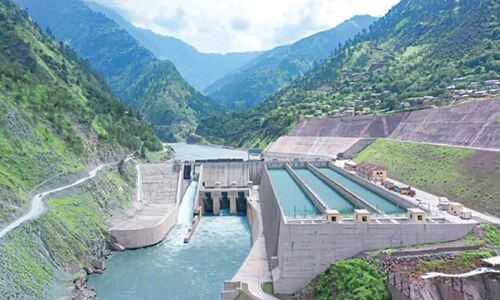Zahir Dehlavi
Zahir Dehlvi was a Mughal noble at the court of Bahadur Shah Zafar. He was at Delhi when the rebellion broke out and witnessed the important events which happened at the court and in the city.
Afterwards he wrote his memoirs known as the Dastan-i-Ghadar. In the first part of the book, he describes the life of the court and cultural activities of the city. The Red Fort used to be the centre of cultural activities where, under the patronage of the emperor, different festivals and gatherings of poets took place. He vividly narrates the marriage ceremony of Mirza Jawan Bakht, the favourite son of the emperor.
The peaceful and pleasant life changed when the rebels arrived in Delhi and after occupying the Red Fort, forced the emperor to lead the rebellion. Their presence disturbed the whole life of the city.
The situation became worse when the English army besieged the city and there began daily skirmishes between the rebels and the English army.
Eventually, when the rebels were defeated and the English army conquered, the city of Delhi suffered a lot. First of all, the army vacated the whole city from its inhabitants. The soldiers started to loot and plunder the city indiscriminately. Many famous and reputed persons who were gems of Delhi were killed during this time.
It is said that 150 persons were taken from the streets and were shot dead at Ram Ghaat. Their dead bodies were thrown in the river.
Women, in order to save their honour, plunged in wells along with children. It is also said that the wells became full of the dead bodies. Zahir Dehlvi, after this description stopped to write about the devastation of the city and said he did not have the courage to write more about it.
When the city was vacated, men were ordered to go out from the Kashmiri Gate and women from Kabuli Gate. It separated many families. The English authorities employed spies to trace those who opposed them. The people who were with the rebels changed their loyalty and pointed out those who had sympathy with the rebels, or who took part in the rebellion. They were paid two rupees for telling about such people. Those who were found guilty were immediately hanged by the British.
Important dates
March 29, 1857 — rebellion of Mangal Pandey against the cartridges greased by animal fat May 10, 1857 — rebellion of sepoys at Meerath and their march towards Delhi May 11, 1857 — occupation of Delhi by the rebels May 30, 1857 — rebellion at Lucknow June 4, 1857 — rebellion in Banaras and Kanpur July 9, 1857 — siege of English Residency at Lucknow September 20, 1857 — English occupation of Delhi March 22, 1858 — Lucknow was occupied by the English June 21, 1858 — murder of Rani of Jhansi May 21, 1858 — rebels escaped to Nepal













































Dear visitor, the comments section is undergoing an overhaul and will return soon.